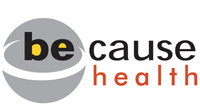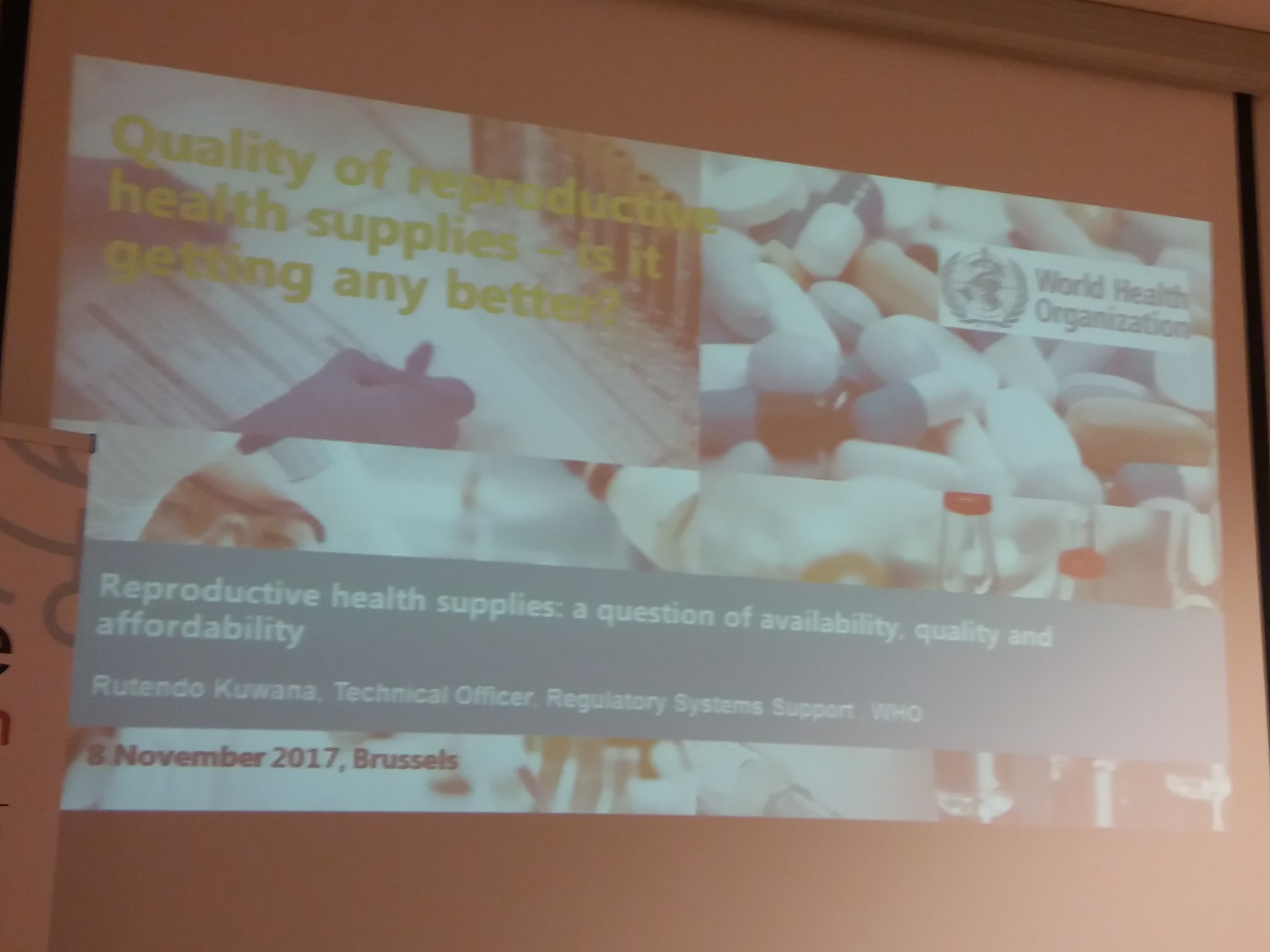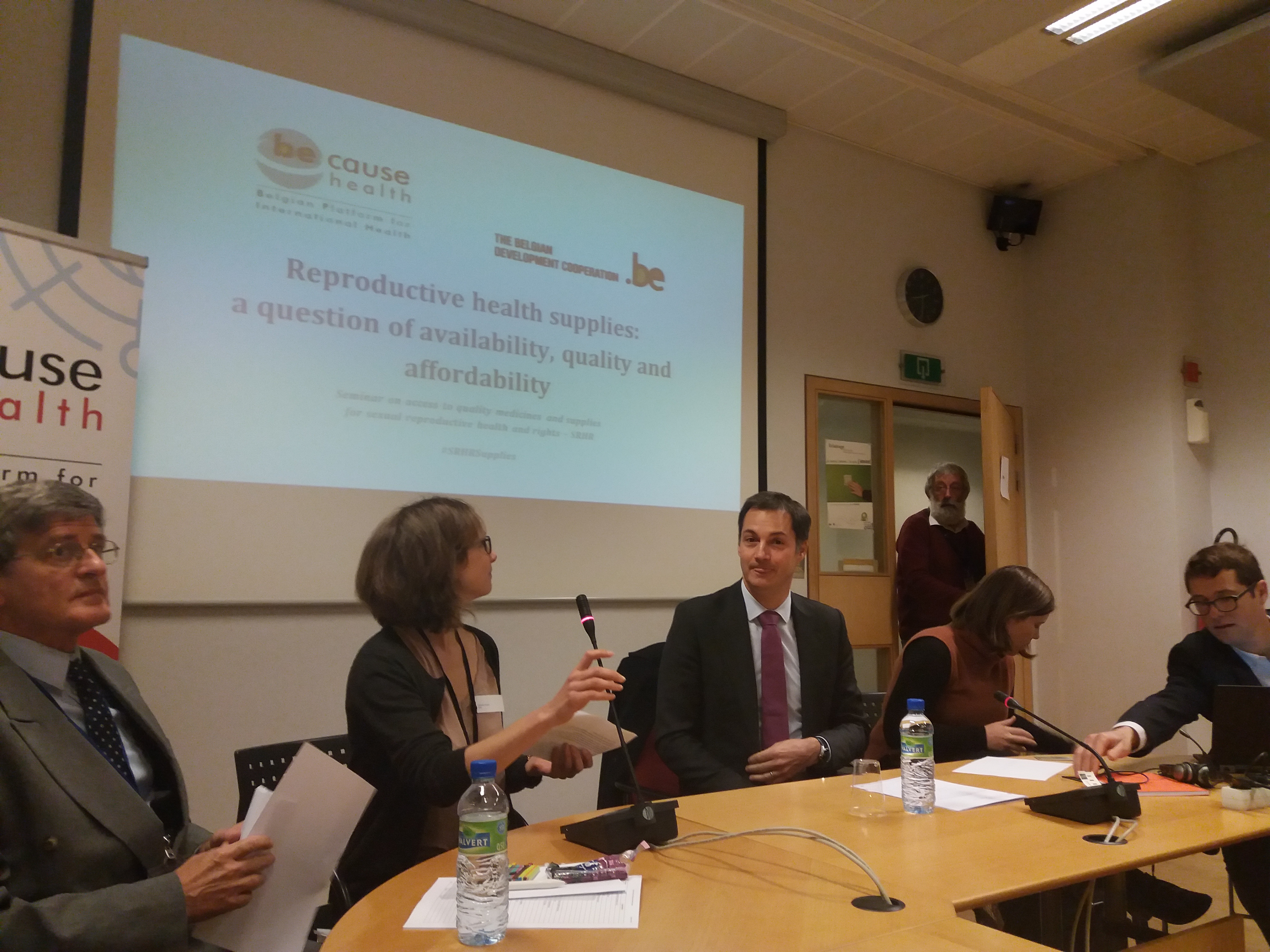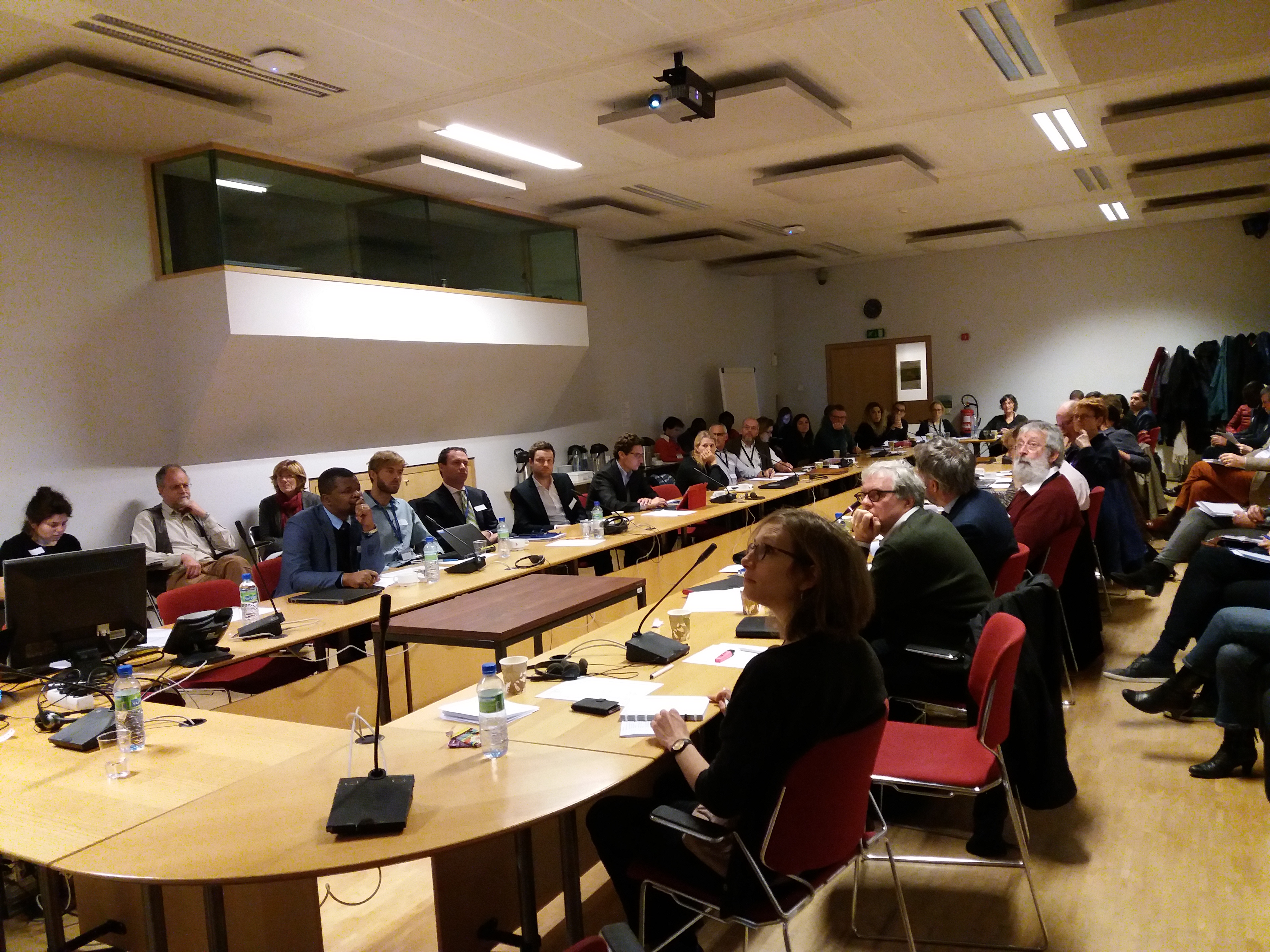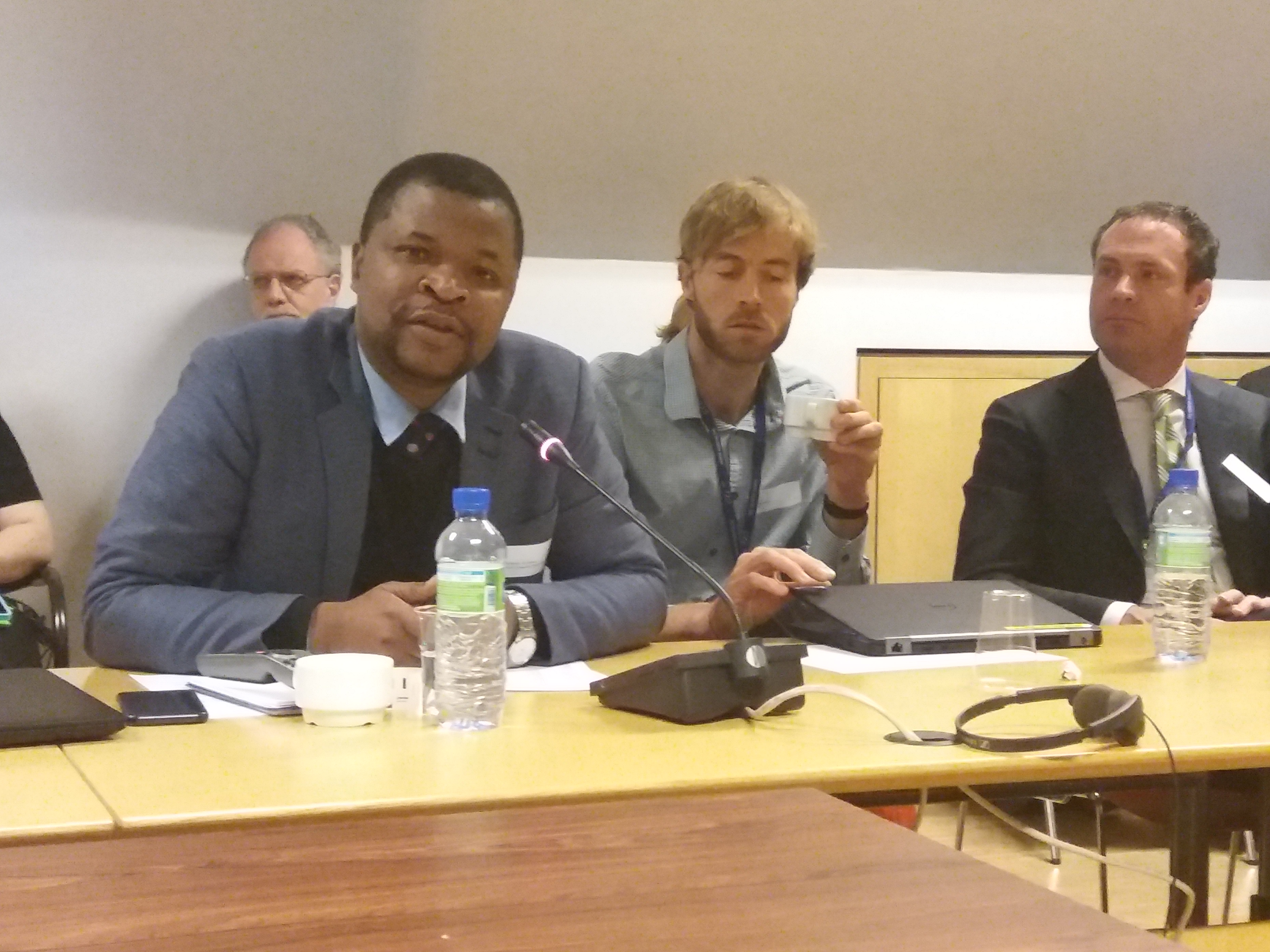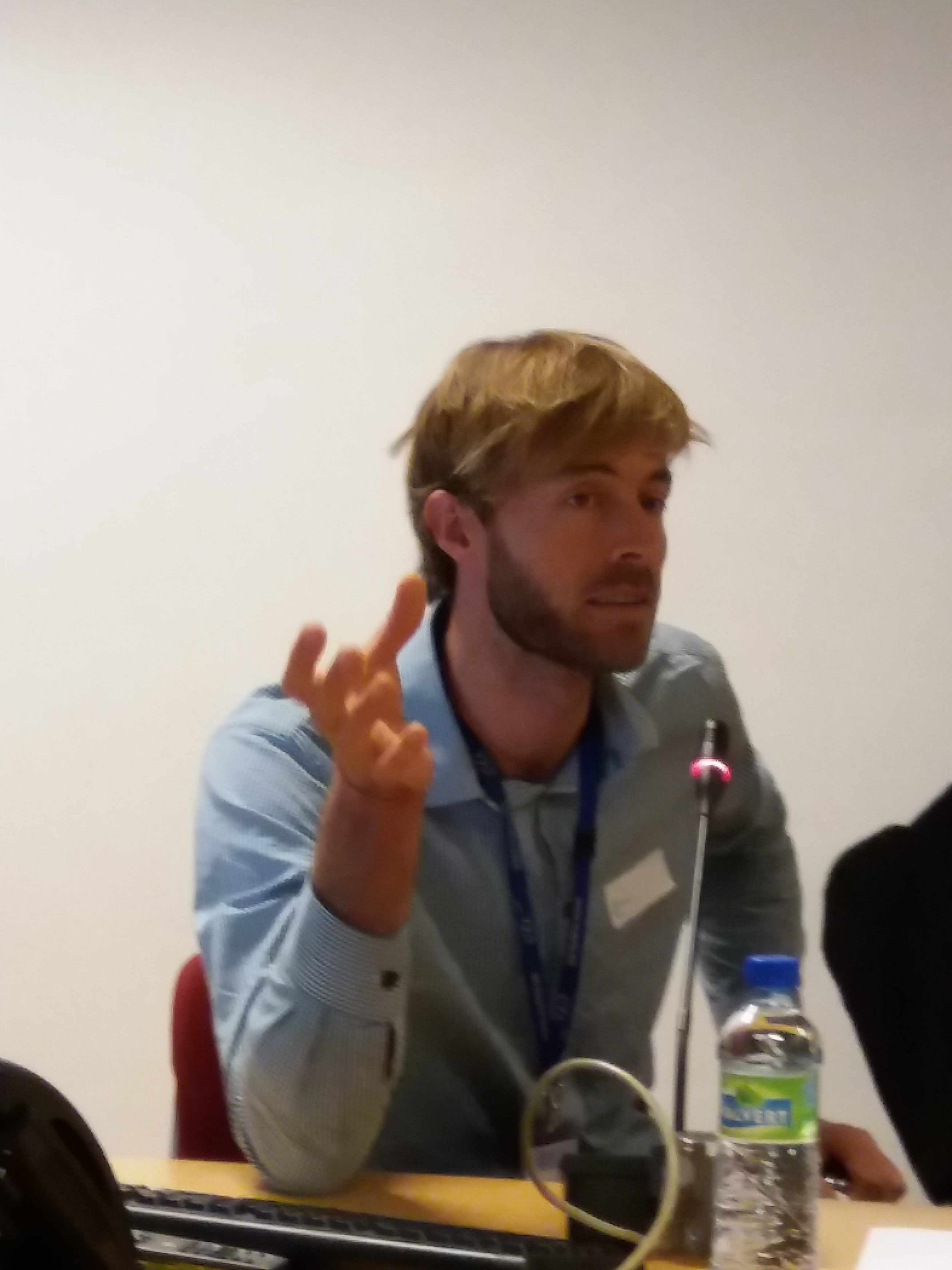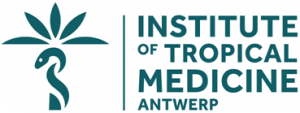Seminar on access to quality medicines and supplies for sexual reproductive health and rights – SRHR
Venue: DG Development Cooperation (DGD), Belgian FPS Foreign Affairs, Foreign Trade & Development Cooperation, Rue des Petits Carmes – Karmelietenstraat 15, 1000 Brussels
Co-organised by: Be-cause health Working group on Access to quality medicines together with Working group on Sexual and Reproductive Health & Rights
Background
UN’s Global Strategy for Women’s and Children’s Health calls for increasing access to and appropriate use of medicines, medical devices and health supplies that effectively address leading avoidable causes of death during pregnancy, childbirth and childhood. A UN Commission on Life-Saving Commodities for Women and Children (UNCoLSC) identified in 2012 up to 13 essential but overlooked life-saving commodities that, if more widely accessed and properly used, could save the lives of more than 6 million women and children. Currently 214 million women of reproductive age in developing countries who want to avoid pregnancy are for example not using a modern contraceptive method. How to ensure that supplies are accessible, affordable and within the reach of all? That supplies and products are of trusted quality? That supplies actually reach those who need them most? And that there is a sufficient choice of supplies to meet users’ needs?
This seminar brings together researchers and practitioners who will exchange insights and share good practices with regards to ensuring access to a full range of affordable, quality reproductive health supplies in low- and middle-income countries.
Presentations
- Reproductive Health supplies: a question of availability, equity, quality and choice, key note speech by Brian McKenna (Deputy Director, Reproductive health Supplies Coalition).
- Quality of Reproductive Health Supplies: is it getting any better?, key note speech by Rutendo Kuwana (WHO Essential Medicines Department)
- UNFPA supplies – Addressing Challenges re: Availibilty, Quality, Affordability, by Ben Light, UNFPA (Senior Policy Adviser, Brussels office)
- Integrating the Private Sector into Last Mile Supply Chains: Lessons from Senegal, by Betty Hannoun, MSD for Mothers (Executive Director, Supply Chain Management)
- RH Supplies: Insights from an INGO, by Jason Bower, Marie Stopes International (Senior Pharmaceutical Advisor, MSI UK)
- The Access to Medicine Index and SRHR, by Damiano de Felice and Mariana Roldao Santos, Access to Medicine Foundation
References
- WHO Survey of the quality of medicines identified by UN Commission on life saving commodities for women and children, published in 2015
- Torloni MR et al. Quality of oxytocin available in low- and middle-income countries: a systematic review of the literature. BJOG 2016;123: 2076-86:
- Monge ME, Dwivedi P, Zhou M, Payne M, Harris C, et al. (2014) A Tiered Analytical Approach for Investigating Poor Quality Emergency Contraceptives. PLoS ONE 9(4): e95353. doi:10.1371/journal.pone.0095353
- Briefing note. Quality of misoprostol products. WHO Drug Information 2016; 30(1): 35-39
- Providing Reliable Last Mile Access to Contraceptives and Other Essential Medicines: The Informed Push Model with Third Party Logistics Providers in Senegal
- Liste interinstitutions de dispositifs médicaux prioritaires pour des interventions essentielles en santé reproductive, maternelle, néonatale et infantile [Interagency list of priority medical devices for essential interventions for reproductive, maternal, newborn and child health]
- 8th Invitation to Manufacturers of Reproductive Health Products submit an Expression of Interest (EOI) for Product Evaluation to the WHO Prequalification Team: Medicines
- Family Planning FP2020 Initiative and follow-up
- RH supplies coalition
- UNFPA commodity security
The opinions that are formulated by our organisation do not necessarily reflect those of the Belgian State and do not connect the latter in any possible circumstances.
